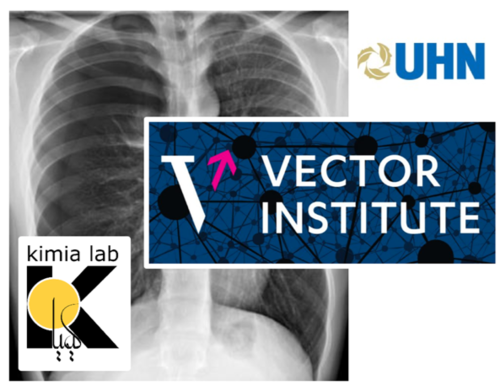
The Vector Institute, an independent, not-for-profit research institute focused on leading-edge machine learning, announced the second in its series of Pathfinder Projects to implement Artificial Intelligence (AI) in the health sector.
The second Pathfinder Project, performed in partnership with the University Health Network (UHN) and the University of Waterloo will enhance radiology diagnoses with AI.
Pathfinder Projects are small-scale efforts designed to produce results in 12 to 18 months that guide future research and technology adoption. With technical and resource support from the Vector Institute, the projects each bring together a multidisciplinary research team to tackle an important health care problem or opportunity using machine learning and AI more broadly. Each project was chosen for its potential to help identify a “path” through which world-class machine learning research can be translated into widespread benefits for patients.
Coral Review, a software solution developed at UHN, is a peer learning tool used by clinicians in diagnostic imaging to support continuous quality improvement of radiologist practice. Using an algorithm developed by Dr. H.R. Tizhoosh, Director of the Laboratory for Knowledge Inference in Medical Image Analysis (Kimia Lab) at UWaterloo and a Faculty Affiliate at the Vector Institute, an AI-enabled Coral Review would scan through thousands of existing medical images (i.e., x-rays) for ones similar to a patient’s and recommend a diagnosis to the attending physician.
Professor Tizhoosh will be at the forefront of this important shift as he seeks to enhance University Health Network’s (UHN) medical imaging peer review system, Coral Review. It is the second of the Vector Institute’s Pathfinder Projects, which bring together multidisciplinary research teams to tackle important health care problems using machine learning [read more].